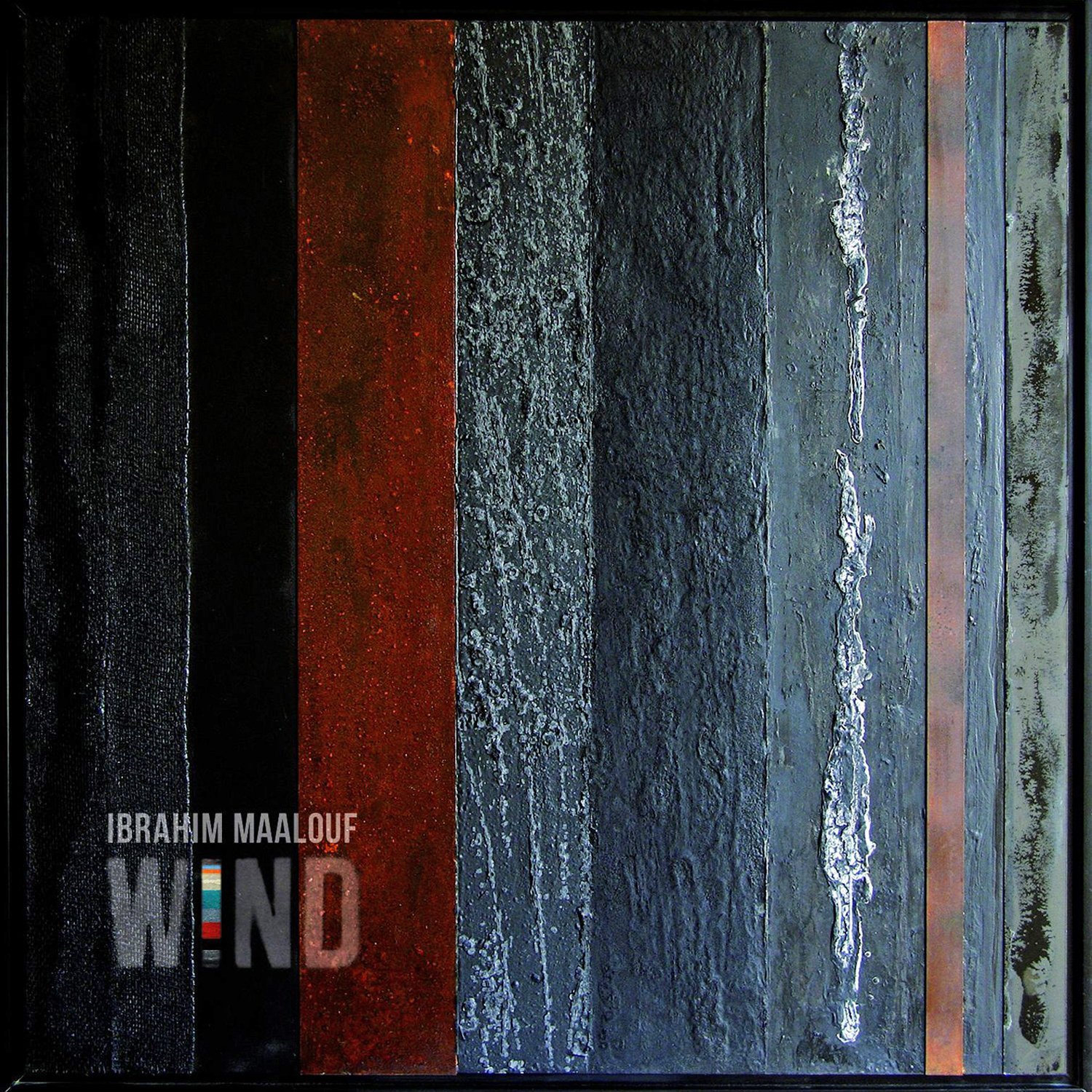There are not many cities in the world with an archaeological history as rich as Beirut’s. At least 5000 years of human culture – the Romans, the Phoenicians, the Byzantines, countless others – are buried beneath its streets. It’s basically impossible to dig a hole and not find something of significance.
But this became a problem in the 1990s. After a generation-long civil war, much of the city was in ruins. The pressure was on to rebuild, and to rebuild quickly. This left little time to ensure that excavation didn’t destroy the buried remains of several millennia of archaeological wonders.
How would the city meet the urgent demands of its present, while respecting its rich past?
Unfortunately, in many cases, it didn’t. Oversight of construction was spotty at best, and many archaeologically rich sites were partially or completely destroyed. Don’t get me wrong; the city had to be rebuilt. With so many thousands of people displaced, and thousands more without water or electricity, construction had to happen. Preservation can seem like a frill when you’ve got nowhere to live. It’s just a shame it had to come to that.
All of this comes to mind when I listen to trumpeter Ibrahim Maalouf’s 2012 album, Wind, for three reasons. First, and most obviously, Maalouf was born in Beirut. Secondly, the cover art for Wind makes me think of the layers of human stories buried beneath the ancient city. And finally, the primarily slow and thoughtful sound of the album, combined with Maalouf’s brilliant playing, puts me in the pensive mood that I can’t help slipping into when considering the tragedy of human conflict.
It’s catastrophically sad to me that parts of the world where human history is the richest are also parts of the world where war and violence are most frequent. We know that war throws the present into chaos and jeopardizes the future. But we sometimes forget that it can also destroy the secrets of the past.
What makes this a beautiful song:
1. The repeated piano line. It’s the most hypnotic piece of jazz piano I’ve heard since Ahmad Jamal.
2. The fact that he gave such a chill track a title like “Surprises”. It’s like buying a fluffy pet bunny and naming him “Hulk”.
3. It ends with the piano fading beneath the drummer’s brushes. Apart from being the only drum solo I might legitimately be able to play, it also makes me picture an archaeologist’s brush delicately removing centuries of dust from a nearly-lost treasure.
Recommended listening activity:
Burying something in your backyard for a curious citizen of the future to find.
